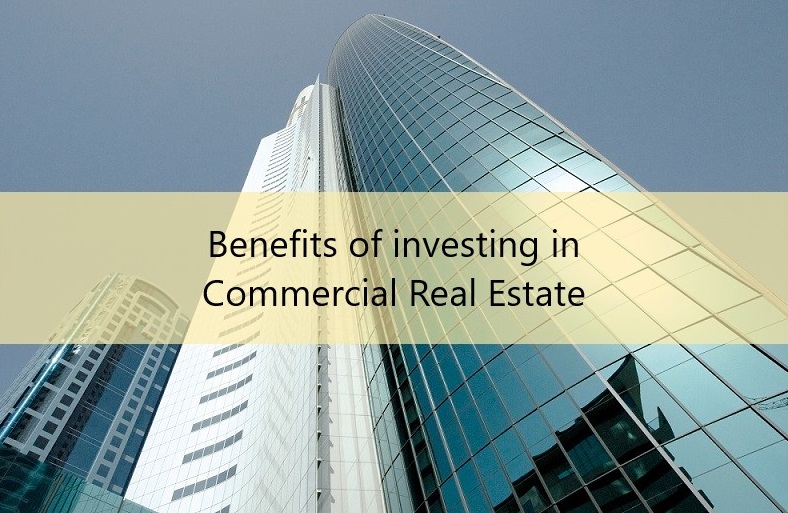
Commercial real estate investing may seem intimidating to start, and yes, the risks are higher. So too are the rewards.
Property has always been considered a good investment because whether the market falls or trends change, values will always recover again in time.
“When first embarking on investment in commercial property, one should be cognisant of certain factors before making a final commitment,” says Leon Breytenbach, National Manager of the Rawson Property Group.
Before you start, however, it would be wise to look at the market trends and to exercise a little patience until the right property becomes available. It will be worth your efforts in the long run.
Getting started
Investment in commercial property was traditionally the preserve of institutional investors, but private investors are presently seeing an opportunity to dabble in the commercial market as well – not necessarily as sole buyers, but in cooperative companies or groups. Initially, you need to decide what type of property you wish to own. “Wisely chosen commercial properties can provide higher returns than residential, between 6% and 12% as compared with 1% to 4% growth in residential properties,” says Breytenbach.
The risk to income tends to be lower in commercial property and the leases are generally longer, helping to stabilise your cash flow. Giving attention to due diligence by establishing the assets of the property and evaluating its commercial potential is a good place to start.
Assess suitability
Check with town planning to be sure there are no major surprises in store after you have made your purchase. Be informed about overlay zones, as these supersede zoning regulations. Ask important questions such as the following: What is the traffic like in the area? Will your staff have difficulty getting to your premises? Is there adequate public transport in the area for the workforce to use? Is the area safe for clients and employees travelling to and leaving the property? Do you have sufficient parking? Will your company cause noise, pollution or traffic congestion which could evoke complaints from neighbouring businesses or properties? Is there sufficient passing foot traffic for your future tenants, if their success depends upon it?
In order for your investment to be successful, it must suit the needs of the tenants you wish to attract. “Additionally, find out whether there are any environmental concerns – such as extreme air pollution or the declaration of the area as a reserve for the protection of a certain creature or plant – and ask yourself if this will impinge negatively upon your business,” Breytenbach advises.
Realise the risk
“When embarking on investment in commercial property, it would be wise to assess all possible risk factors,” warns Breytenbach. For example, having a single tenant lays you open to the possibility of having several months with no income, while still having to service the usual outlays such as bond, rates, municipal services, etc. if the tenant does not renew their contract. Multiple tenants in an assortment of business genres should ensure that only one or two units may become vacant at any one time.
It is also advisable to have funds set aside to cover the occasional vacancy or for when maintenance, either regular or unexpected, is required, so that your liquidity is not jeopardised when problems arise. Diversifying your investments will help you to weather most economic storms.
In conclusion
“While concerns relating to commercial property investment can seem quite daunting, they are not insurmountable, and with the help of a reliable commercial property expert who can guide you in your search, the journey should be an exciting and remunerative experience,” concludes Breytenbach


